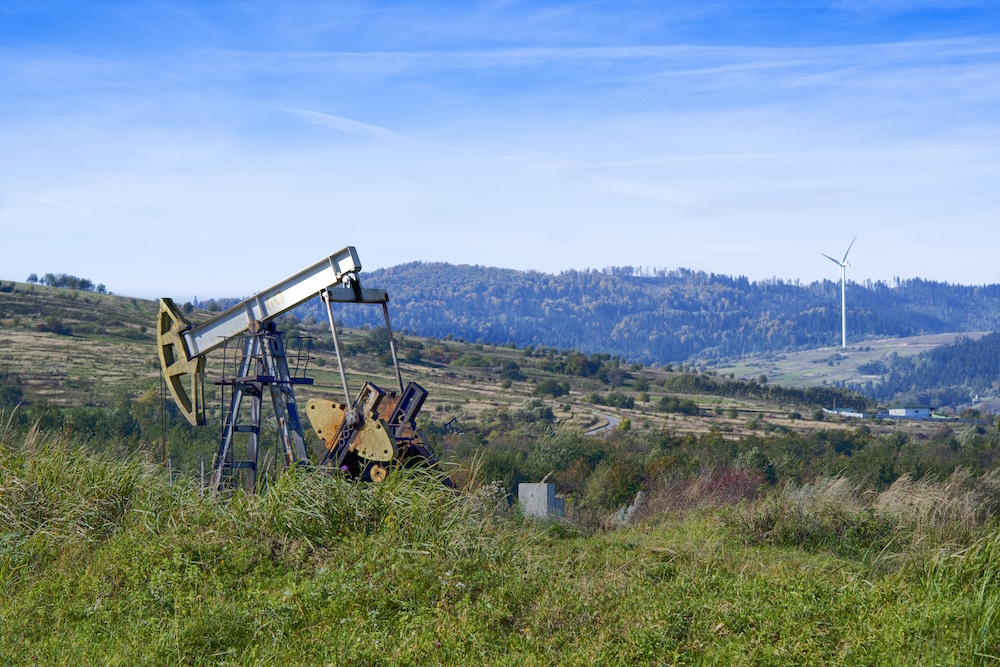Few environmental debates ignite as much division as fracking. To some, it’s a lifeline — a way to secure domestic energy, create jobs, and keep costs low. To others, it’s a short-sighted gamble that risks water, air, and public health in exchange for short-term gains. The truth? Both sides are armed with compelling arguments, but the stakes are higher than many realize.
The Case for Fracking: Why Supporters See It as Essential
Fracking, short for hydraulic fracturing, is a technique used to extract oil and natural gas from deep underground by injecting high-pressure fluid into rock formations. Supporters see it as a critical tool in the modern energy landscape.
Energy Independence and Security
One of the strongest arguments in favor of fracking is its role in reducing reliance on foreign energy. By unlocking vast reserves of natural gas and oil, countries like the United States have shifted from being major importers to energy exporters. This shift, advocates say, increases national security and shields economies from global price shocks.
Economic Growth and Job Creation
Fracking has brought booms to regions previously struggling with unemployment. According to the U.S. Energy Information Administration (EIA), shale oil and gas development has generated hundreds of thousands of jobs, from drilling crews to local service industries. Proponents often frame fracking as an economic engine for rural areas with limited alternatives.
Bridge Fuel to Renewables
Some argue that natural gas from fracking is a “bridge fuel” — cleaner than coal and capable of supporting energy needs while renewable infrastructure scales up. This argument hinges on the fact that natural gas emits about 50% less CO₂ than coal when burned for electricity, making it a potential stopgap in the fight against climate change.
The Environmental and Social Costs: Why Critics Want It Banned
While the benefits of fracking may seem compelling, opponents point to a long list of environmental, health, and social concerns that challenge its long-term viability.
Water Contamination Risks
Hydraulic fracturing uses millions of gallons of water mixed with chemicals, some of which are toxic. Critics highlight incidents where improper well construction or waste disposal has led to groundwater contamination. The U.S. Environmental Protection Agency (EPA) has documented cases where fracking fluids or methane have migrated into drinking water supplies.
Methane Emissions
Although natural gas burns cleaner than coal, methane — its primary component — is a potent greenhouse gas, over 80 times more powerful than CO₂ over a 20-year period. Leaks during drilling, transportation, and storage can undermine the climate benefits touted by fracking advocates.
Earthquake Concerns
Regions that rarely experienced seismic activity have reported an increase in small to moderate earthquakes linked to wastewater injection wells, a common byproduct of fracking operations. While not catastrophic, these quakes can damage infrastructure and unsettle communities.
Public Health Impacts
Studies have found higher rates of respiratory issues, headaches, and other health problems in communities near fracking sites. Air pollutants from drilling equipment, flaring, and truck traffic contribute to poor air quality, compounding environmental justice concerns for low-income or rural populations.
The Clash of Perspectives: Economics vs. Environment
The fracking debate often boils down to a philosophical divide: should society prioritize immediate economic benefits or long-term environmental protection?
Supporters tend to emphasize energy affordability, national security, and economic growth. Critics focus on irreversible environmental damage, public health risks, and the urgent need to transition to truly sustainable energy sources.
Global Context: Fracking Beyond U.S. Borders
The United States isn’t alone in this debate. Countries like Argentina, China, and the United Kingdom have explored fracking, with varying degrees of public acceptance. France and Germany have banned it outright due to environmental concerns, while others are cautiously testing its feasibility under strict regulations.
Potential Paths Forward
While some call for an outright ban on fracking, others suggest middle-ground solutions that could reduce harm while phasing out fossil fuels.
Stricter Regulations
Implementing tougher safety standards, requiring full chemical disclosure, and improving methane leak detection could address some of fracking’s most pressing risks.
Investment in Renewable Energy
Redirecting subsidies from fossil fuels to solar, wind, and energy storage would accelerate the clean energy transition, reducing the perceived need for fracking as a bridge fuel.
Community Consent and Local Control
Giving local communities more power to approve or reject projects could help address concerns about environmental justice and democratic decision-making.
Why This Matters for the Future
The fracking debate isn’t just about drilling methods — it’s about the kind of energy system we want to build for future generations. Choosing to double down on fracking may delay renewable adoption, while banning it without a robust transition plan could lead to energy shortages and economic disruption.
Final Thoughts
Fracking sits at the intersection of energy policy, environmental protection, and public health. The arguments on both sides reveal a tension between present-day needs and future stability. As climate change accelerates, the question becomes less about whether we can keep fracking — and more about whether we can afford to.








